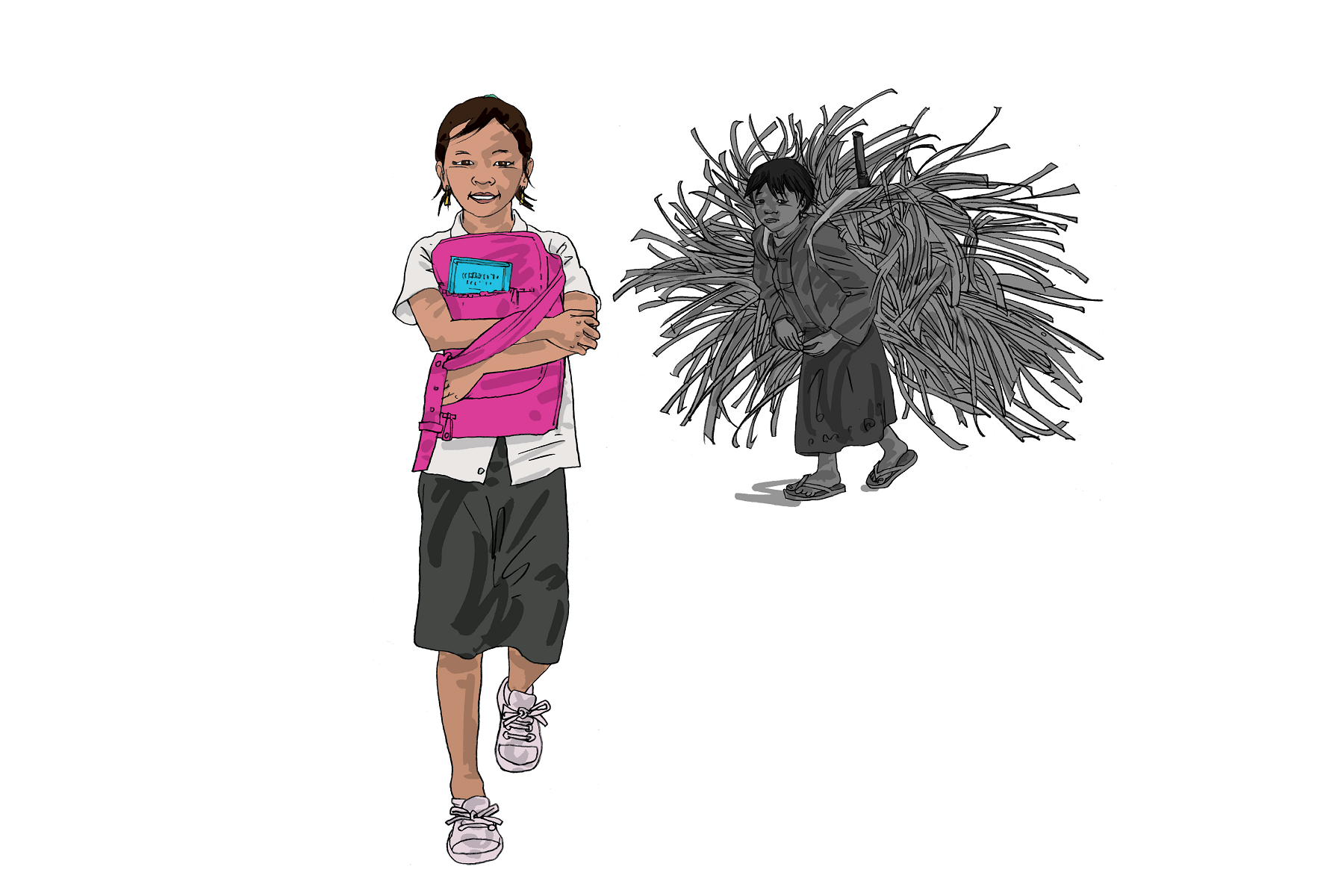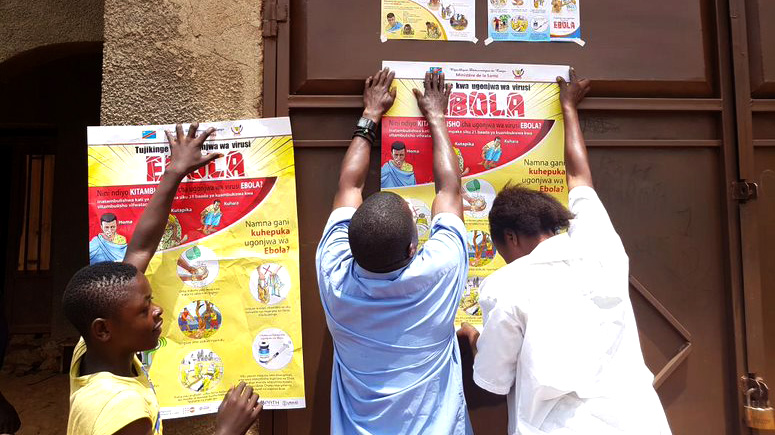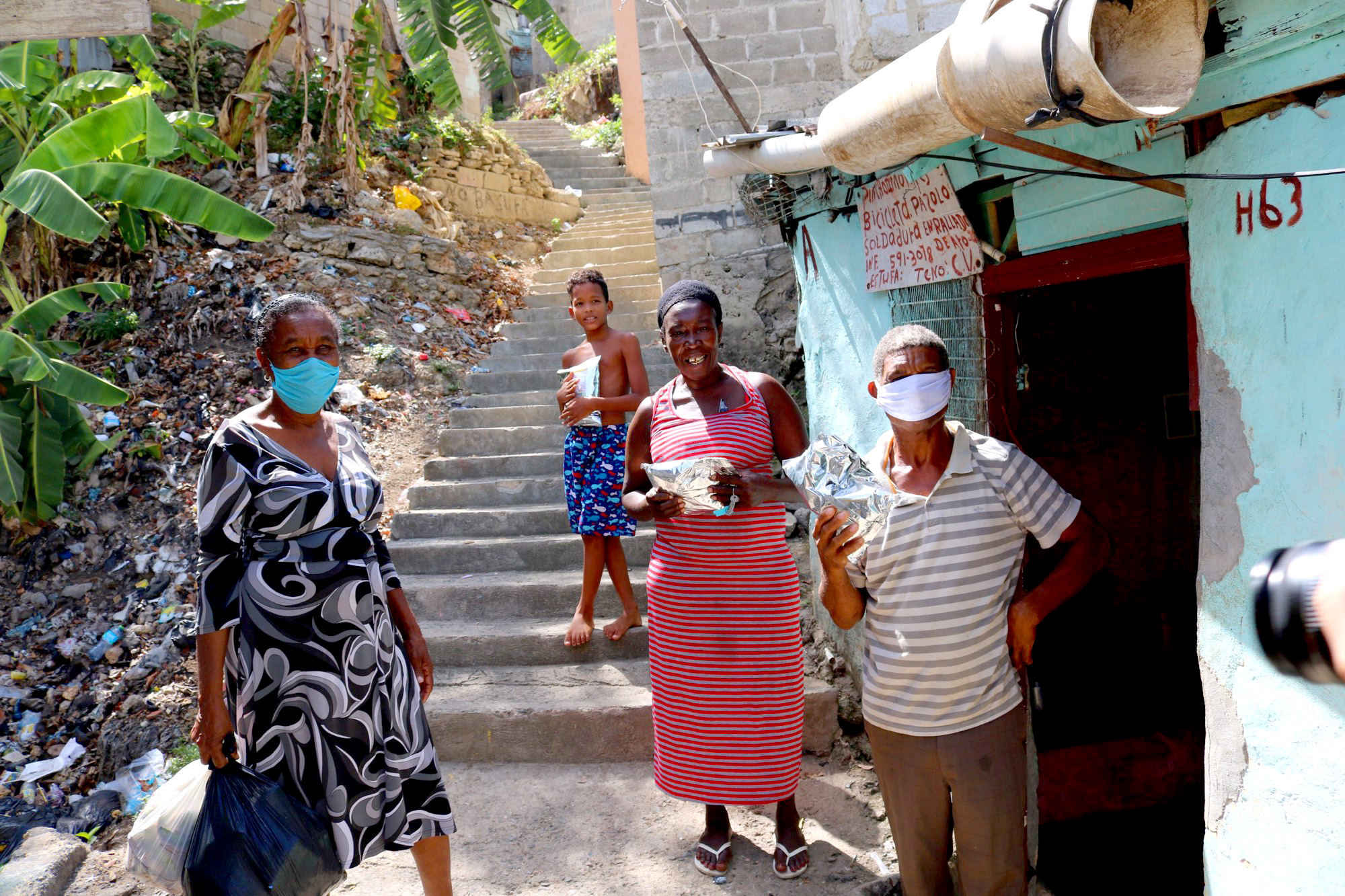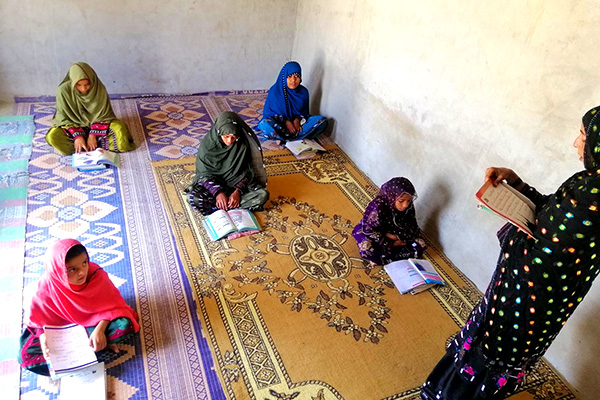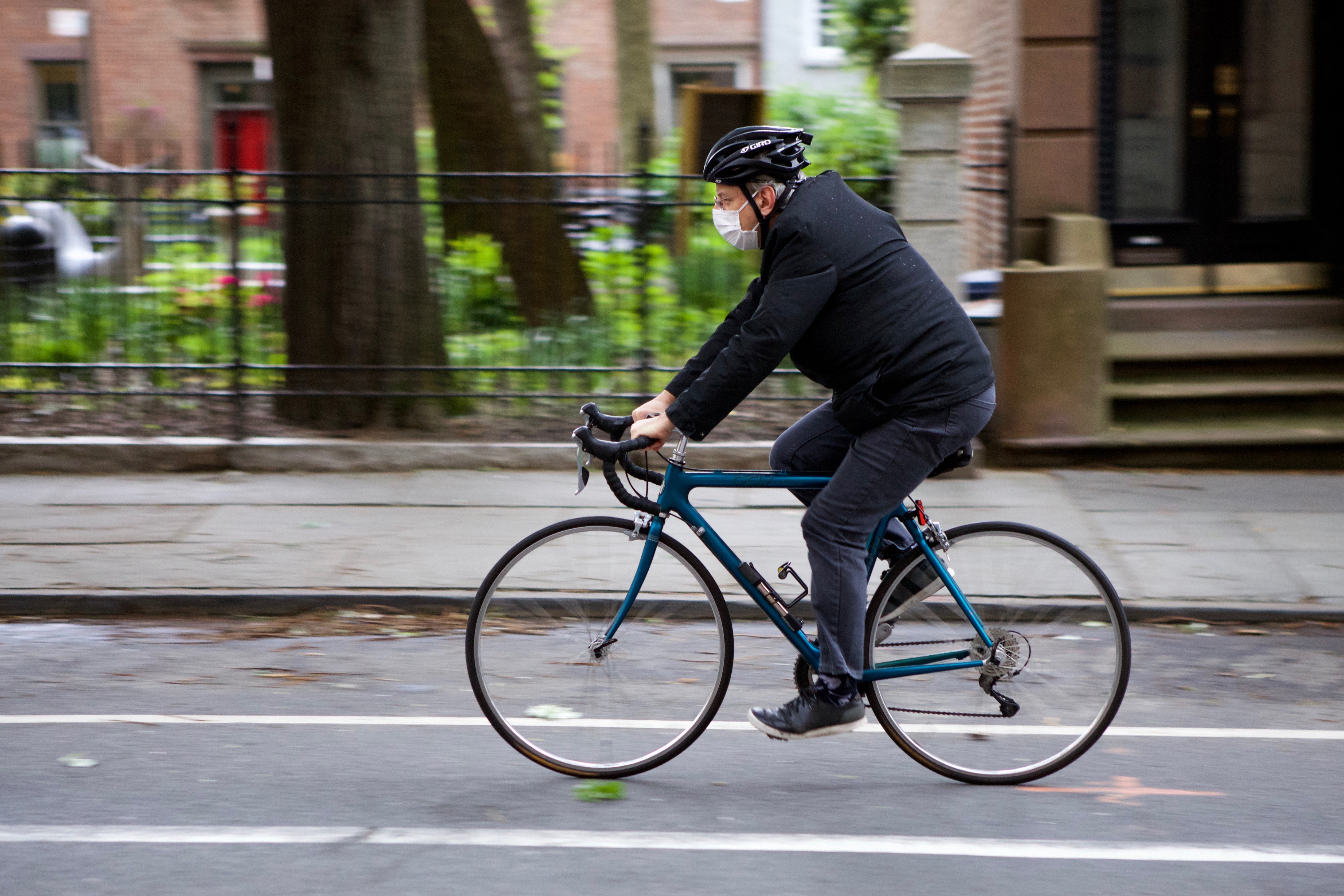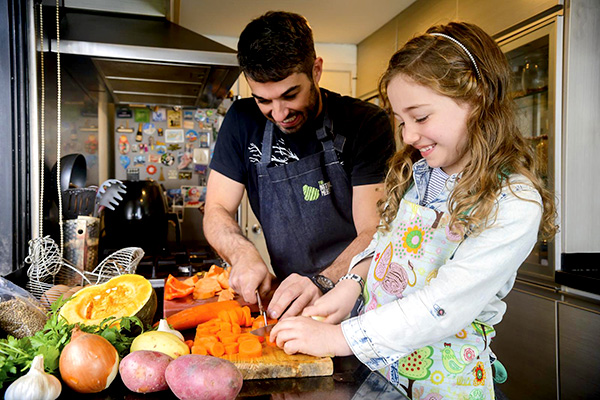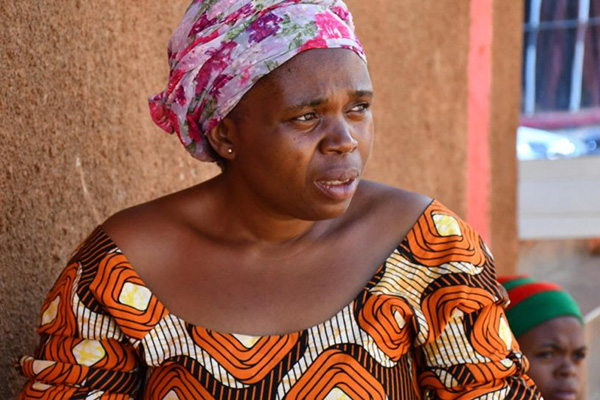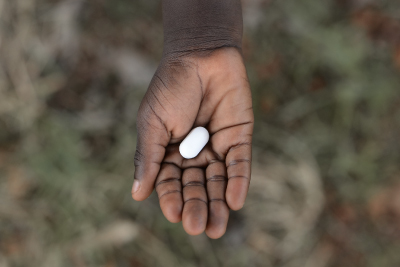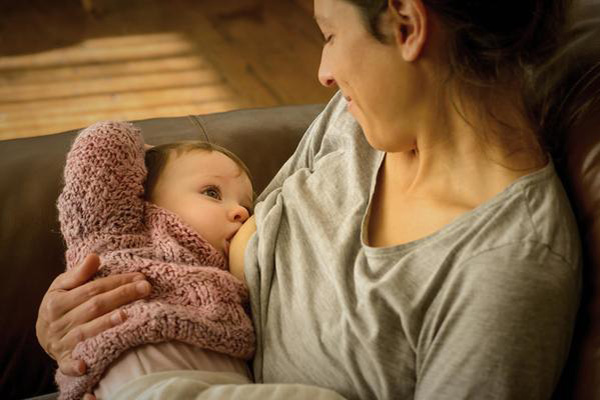In the most remote areas of Angola, the wave of coronavirus infections that has swept the world has not yet reached deep into the villages and farming communities. A new joint campaign launched by FAO with the Ministry of Agriculture of Angola aims to keep it that way. In the country’s northern central region, a group of women farmers wear face masks and stand at least a metre apart. They are taking part in a training session on how to prevent the spread of COVID-19.
The COVID-19 pandemic presents unprecedented risks to the rights and safety and development of children. World Day Against Child Labour 2020 focuses on the impact of crisis on child labour and calls upon countries and organizations to protect the most vulnerable during crisis management and recovery. On 12 June, the International Labour Organization is organizing an online high-level debate to stimulate dialogue on the importance of protecting children from child labour in COVID-19 response and recovery plans. Get involved!
As COVID-19 spreads to countries with poor health systems, the United Nations and its partners are racing against time to ensure that life-saving personal protective equipment and other supplies reach frontline health workers in need. The pandemic has disrupted all normal processes involved in transporting supplies. Disruptions to manufacturing in China fractured global supply chains, creating shortages as demand soared. Commercial flights were grounded, trade restrictions implemented, and market competition increased. These challenges create a whole new level of complexity.
Last month, the world celebrated the fortieth anniversary of the eradication of smallpox. Many of the public health tools that were used successfully then are the same tools that have been used to respond to Ebola, and to COVID-19: disease surveillance, case finding, contact tracing, and mass communication campaigns to inform affected populations. To fight COVID-19, the United Nations and partners are drawing lessons from their response to past crises. Coordination and collaboration among UN entities, governments and the public are central to the current response.
Menstruation is misunderstood and stigmatized around the world, a fact likely to worsen under the COVID-19 pandemic. Here are nine things you need to know about periods and the pandemic – and what the world needs to do about it.
WFP - Coronavirus puts 14 million people at risk of missing meals in Latin America and the Caribbean
Coronavirus puts 14 million people at risk in Latin America and the Caribbean
Since the COVID-19 outbreak was first reported in Wuhan, China in late December 2019, the disease has spread to more than 200 countries and territories. In the absence of a vaccine or effective treatment, governments worldwide have responded by implementing unprecedented containment and mitigation measures—the Great Lockdown. This in turn has resulted in large short-term economic losses, and a decline in global economic activity not seen since the Great Depression. Did it work? IMF analysis, based on a global sample, suggests that containment measures, by reducing mobility, have been very effective in flattening the “pandemic curve.”
Verified is a United Nations initiative that calls on people around the world to become “information volunteers” and share UN-verified, science-based content to keep their families and communities safe and connected during the COVID-19 pandemic. Sign up to join us and become an information volunteer.
Can bicycles be a solution towards an environmentally sound, healthy and sustainable COVID-19 recovery? On this World Bicycle Day, the United Nations encourages Member States to develop a culture of cycling and organize initiatives such as bike rides, while promoting safety and cycling mobility. On 3 June, the world observes World Bicycle Day, to celebrate this affordable, reliable and sustainable means of transportation. The bicycle fosters environmental stewardship and good health, providing a cost-effective form of transport while reducing many health risks.
Observed on 1 June every year, the Global Day of Parents provides an opportunity to appreciate all parents for their commitment to children. This year, the consequences of the coronavirus outbreak are being felt around the world and family life been upended by the COVID-19 pandemic. As the anchors of the family and the foundation of our communities and societies, parents have the responsibility of sheltering their families from harm. To help parents navigate this crisis, UNICEF is bringing together some of the world’s leading experts to provide guidance and tips for parents.
Uganda hosts 1.4 million refugees – more than 80,000 of them live and work in Kampala. Refugees who opt to live outside designated settlements are expected to be self-reliant and do not receive regular humanitarian assistance, in line with the government’s urban refugee policy. UNHCR tells the story of Mariney Karemere, a Congolese refugee who made and sold her handbags before the lockdown. The single mother of three now survives on food handouts from a community church.
With more than 100 projects to develop a COVID-19 vaccine underway around the globe – eight of which have entered the clinical stage – hope is growing for a miracle breakthrough. But so is concern over who would and would not have access to the shot, if and when one is approved. UNCTAD and the WHO have teamed up to respond to the urgent call to boost local production of essential medicines in developing countries.
A new report by WHO, UNICEF, and partners reveals that despite efforts to stop the harmful promotion of breast-milk substitutes, countries fall short in protecting parents from misleading information. Breastmilk saves children’s lives as it provides antibodies that give babies a healthy boost and protect them against many childhood illnesses. Agencies encourage women to continue to breastfeed during the COVID-19 pandemic, even if they have confirmed or suspected COVID-19.


